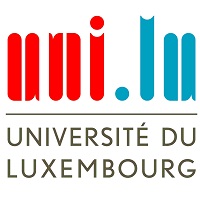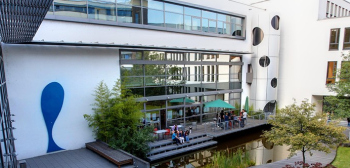Test preparations
English language requirements
This institution accepts IELTS! Find your nearest test centre and test dates.
- Afghanistan
- Albania
- Algeria
- Argentina
- Armenia
- Australia
- Austria
- Azerbaijan
- Bahrain
- Bangladesh
- Belarus
- Belgium
- Benin Republic
- Bhutan
- Bosnia and Herzegovina
- Botswana
- Brazil
- Brunei
- Bulgaria
- Cambodia
- Cameroon
- Canada
- Caribbean
- Chile
- China
- Colombia
- Costa Rica
- Cote dIvoire
- Croatia
- Cyprus
- Czech Republic
- Denmark
- Dominican Republic
- Ecuador
- Egypt
- El Salvador
- Estonia
- Ethiopia
- Finland
- France
- Georgia
- Germany
- Ghana
- Greece
- Honduras
- Hong Kong
- Hungary
- India
- Indonesia
- Iraq
- Ireland
- Israel
- Italy
- Jamaica
- Japan
- Jordan
- Kazakhstan
- Kenya
- Korea
- Kosovo
- Kuwait
- Kyrgyz Republic
- Latvia
- Lebanon
- Libya
- Lithuania
- Luxembourg
- Macau
- Madagascar
- Malawi
- Malaysia
- Maldives
- Malta
- Mauritius
- Mexico
- Mongolia
- Morocco
- Mozambique
- Myanmar
- Namibia
- Nepal
- Netherlands
- New Zealand
- Nigeria
- North Macedonia
- Northern Ireland
- Norway
- Occupied Palestinian Territories
- Oman
- Pakistan
- Panama
- Papua New Guinea
- Paraguay
- Peru
- Philippines
- Poland
- Portugal
- Qatar
- Romania
- Russia
- Rwanda
- Saudi Arabia
- Scotland
- Senegal
- Serbia
- Seychelles
- Sierra Leone
- Singapore
- Slovakia
- Slovenia
- South Africa
- South Sudan
- Spain
- Sri Lanka
- Sudan
- Sweden
- Switzerland
- Syria
- Taiwan
- Tajikistan
- Tanzania
- Thailand
- Trinidad and Tobago
- Tunisia
- Turkey
- Turkmenistan
- Uganda
- Ukraine
- United Arab Emirates
- United Kingdom
- United States of America
- Uruguay
- Uzbekistan
- Venezuela
- Vietnam
- Wales
- Yemen
- Zambia
- Zimbabwe
Please check the specific English language requirements for your chosen course with the university.
University of Luxembourg
CN




























